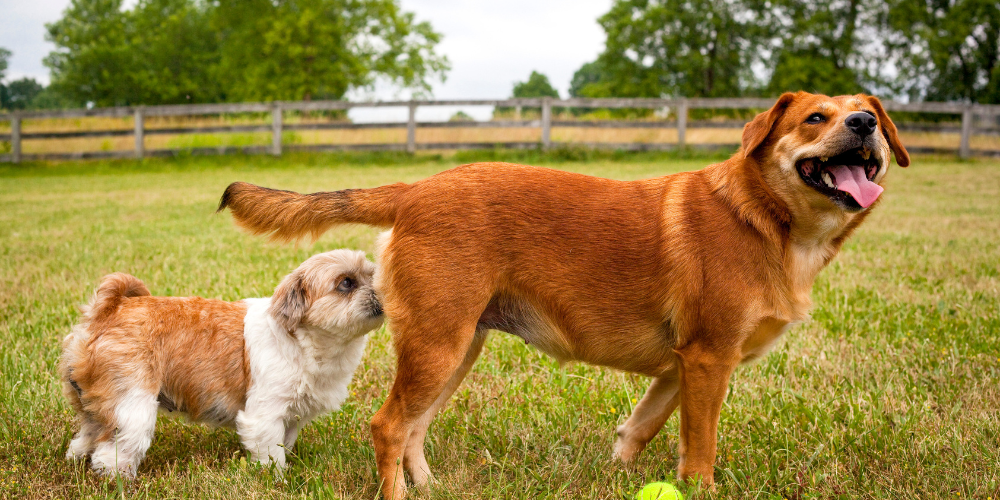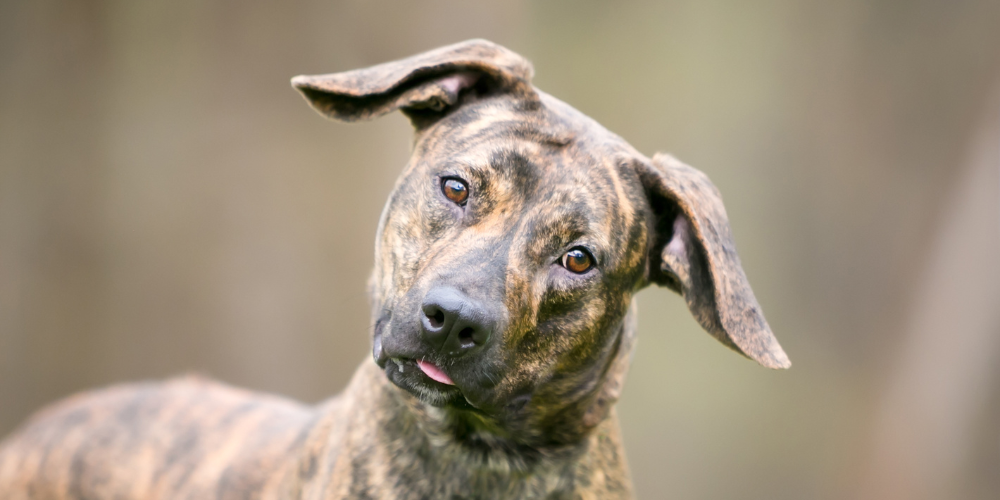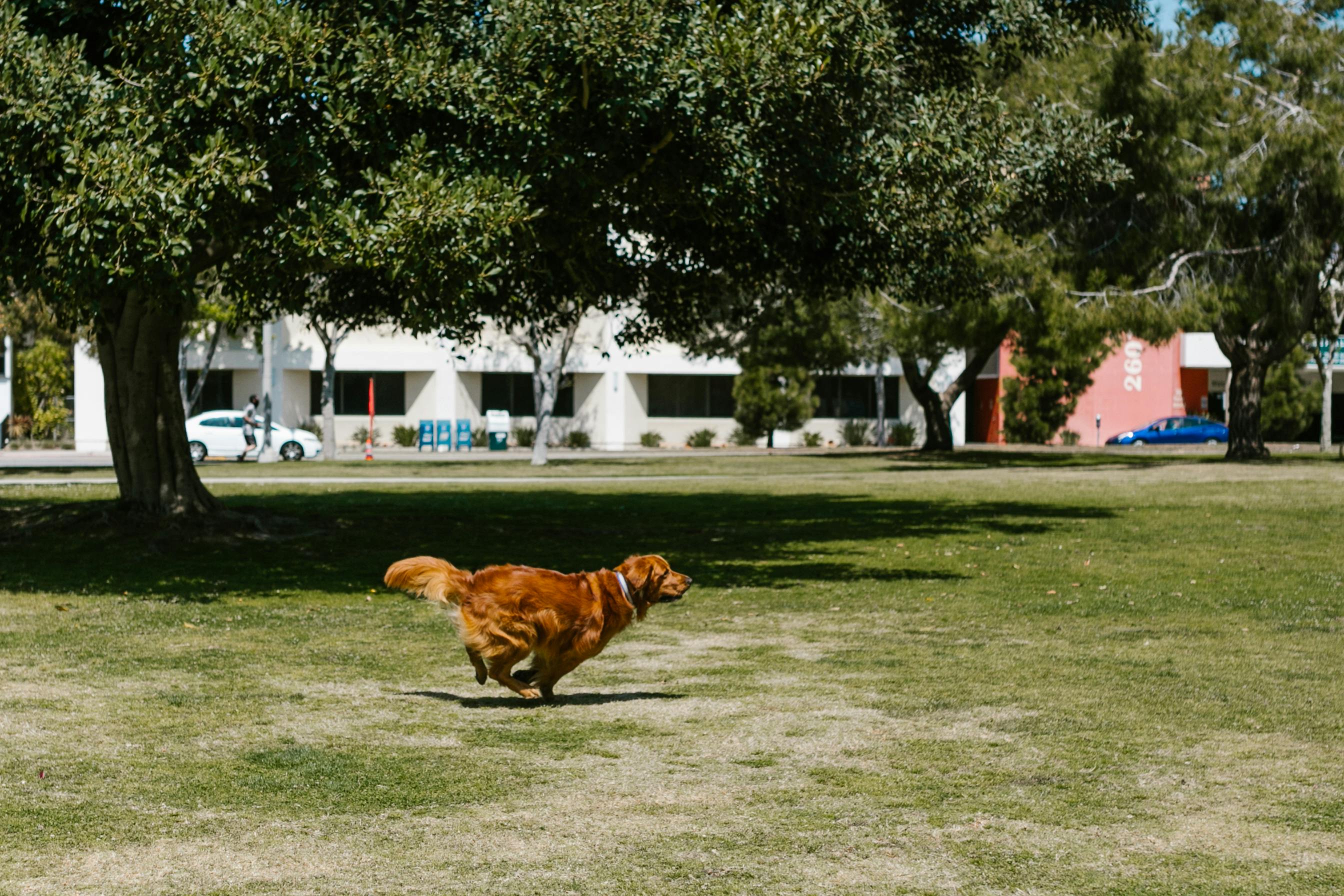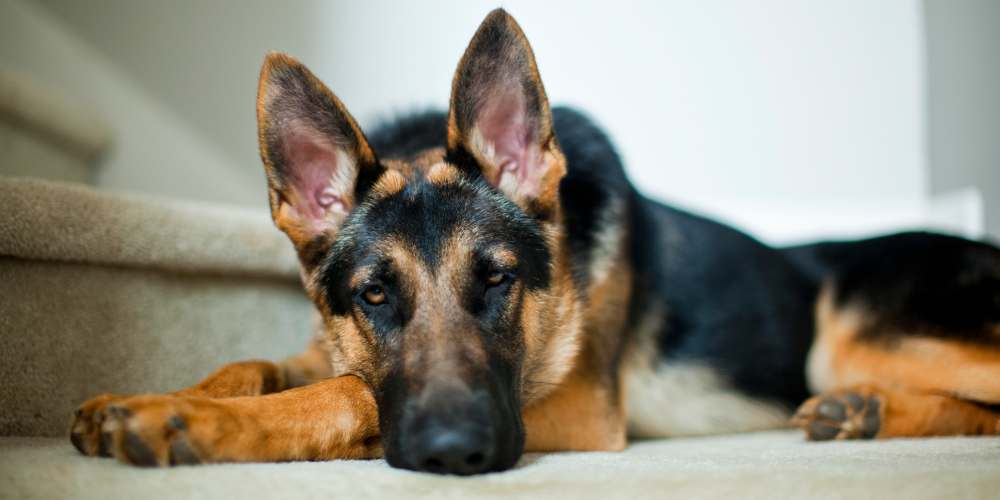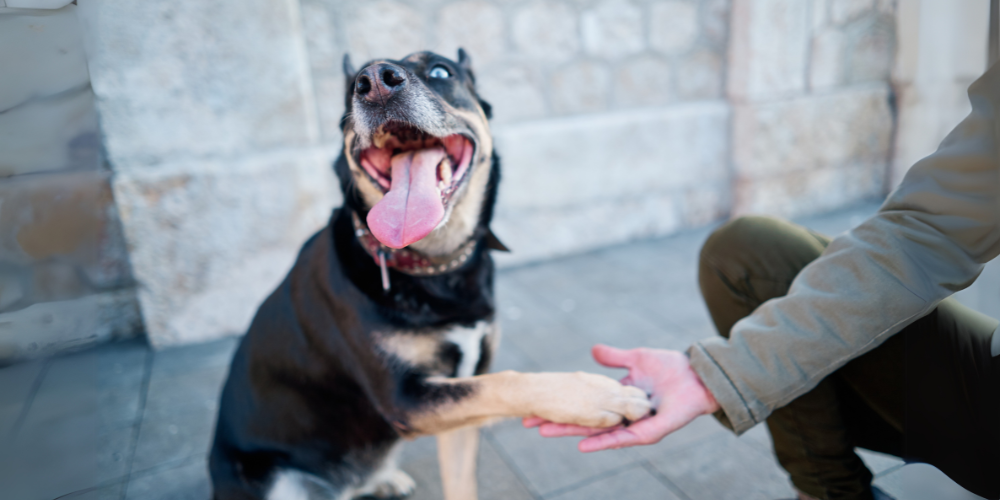
Does Your Dog Think You’re a Dog?
Ever caught your dog staring at you like they’re trying to figure you out? Do they bring you toys, lick your face, or zoom around the house when you get home? It might make you wonder—does your dog think you’re a dog too? While we humans like to believe we’re their loving, all-knowing owners, dogs might have a very different interpretation.
Let’s break down how your dog actually sees you, where you rank in their “pack,” and whether you’re the respected leader or just a slightly clumsy, food-dispensing fellow canine.
Do Dogs Recognise Humans as a Different Species?
Short answer? Yes, but also no.
Dogs know we’re not exactly like them (our lack of fur and inability to sniff butts properly is a dead giveaway), but they don’t process species differences the way we do. Instead, they interpret us through dog logic—which means they interact with us much like they would with other dogs, just with a few modifications.
Studies show that dogs are excellent at reading human cues, much better than even wolves or chimpanzees. They watch our body language, facial expressions, and tone of voice to understand us. But when it comes to how they interact with us? That’s pure dog behaviour.
Signs Your Dog Thinks You’re One of Them
Your dog might not literally think you’re a dog, but they often treat you like a fellow pack member. Here are some classic signs:
- They bring you toys. This isn’t just a game; it’s a way of bonding. Dogs do this with other dogs and their favourite humans.
- They lick your face or hands. In the dog world, licking can be a sign of respect or an attempt to get food (puppies lick their mother’s mouth to encourage feeding—gross but true!).
- They lean on you. Dogs lean on their trusted pack members for comfort and security. If your dog does this, you’re in the inner circle.
- They initiate play with you. Play bowing, zoomies, or dropping a ball at your feet? That’s how dogs interact with other dogs—they just assume you’ll understand.
- They “herd” you. Ever notice your dog subtly directing where you walk? Some breeds (like Border Collies) naturally herd, but any dog might gently nudge you into position.
Where Do You Rank in Your Dog’s Pack?
Dogs love a structured social order, and whether they see you as the leader, an equal, or their personal servant depends on your behaviour.
The Alpha (Leader of the Pack)
- Your dog listens to you.
- They respect your space.
- They don’t demand attention—they ask for it politely.
The Cool Older Sibling
- They mostly listen, but you’re more of a fun leader than a strict one.
- They try to get away with things, but they still respect you.
The Younger Sibling (or Puppy in Training)
- They playfully challenge your authority.
- They jump on you, steal your food, and test boundaries.
The Walking Food Dispenser
- They ignore commands unless treats are involved.
- They nudge you constantly for snacks.
- They see you as a vending machine with legs.
How to Show Your Dog You’re the Leader
If your dog treats you like an equal (or worse, their personal butler), you might need to step up your leadership game. Here’s how:
- Use body language – Dogs pick up on confidence. Stand tall, be calm, and use clear gestures instead of lots of words.
- Control the resources – Make them “work” for food, walks, or playtime by sitting or following a simple command first.
- Set boundaries – If they demand attention, wait for a moment of calm before giving it. This teaches them to be polite.
- Be consistent – Dogs thrive on routine. Stick to the same rules so they understand what’s expected.
If you need a little extra help, explore our range of training products designed to reinforce positive behaviour and strengthen your bond.
So, does your dog think you’re a dog? Not exactly—but they do treat you like one of the pack. Dogs communicate with us using the same behaviours they’d use with their canine companions, whether it’s licking, play-bowing, or herding.
Where you rank in your dog’s world depends on how you interact with them. Are you their trusted leader, fun sibling, or just the person who provides the snacks? Either way, they love you—and whether they think you’re a fellow dog or not, you’ll always be their favourite human (as long as the treats keep coming).
